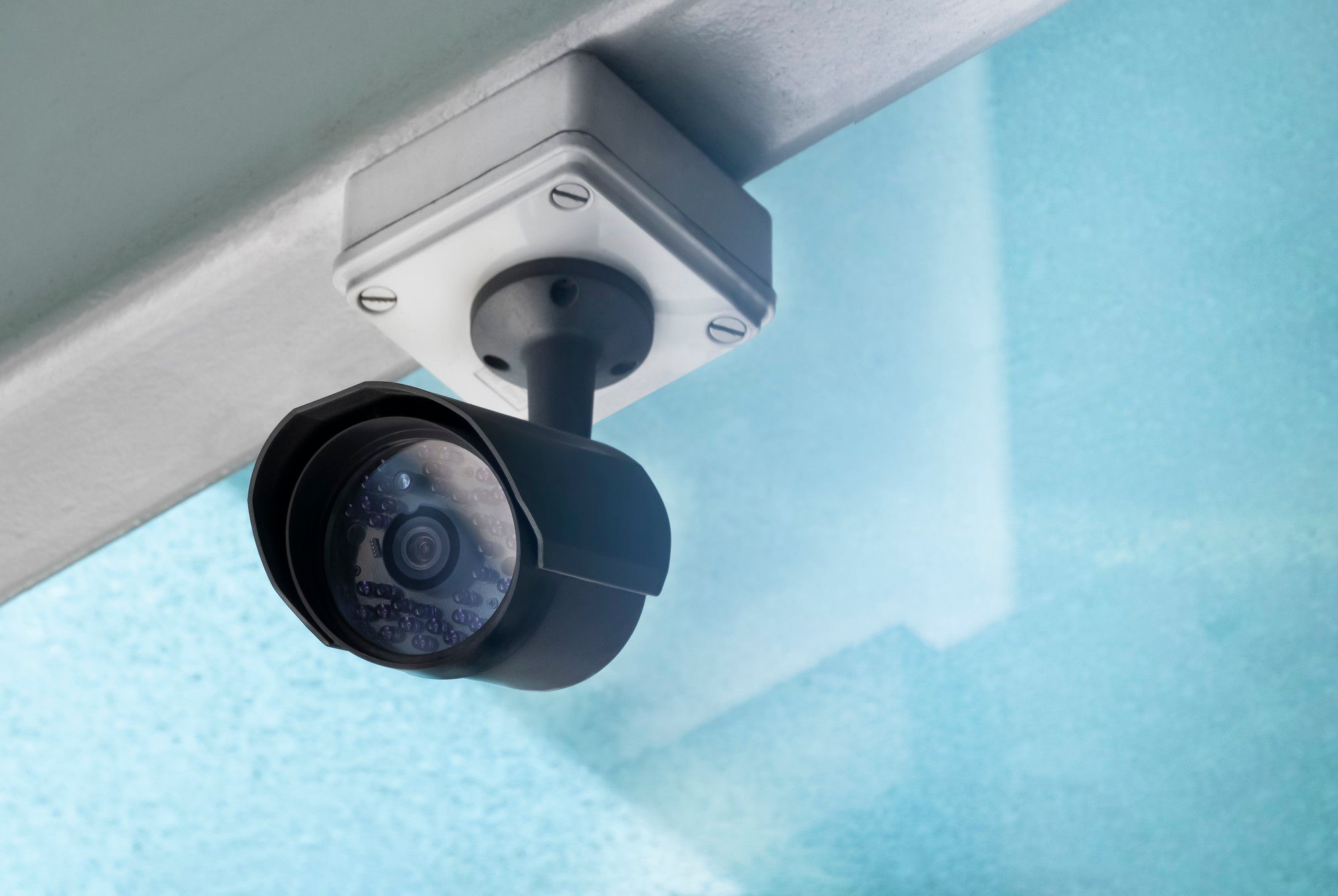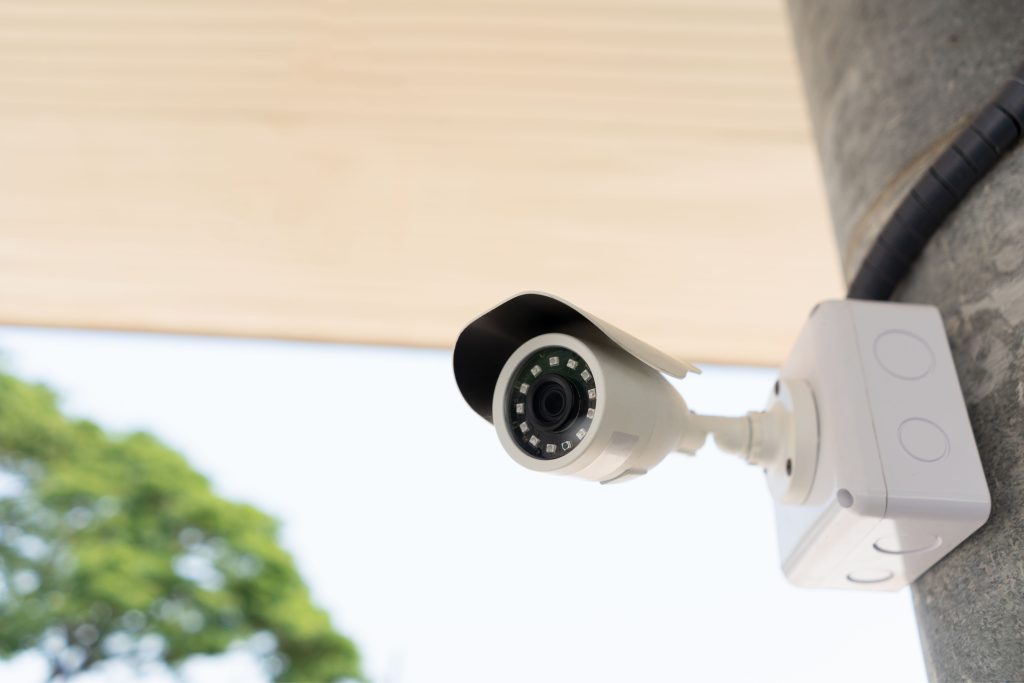Are Home Security Cameras Admissible in Court?

Home security cameras are everywhere these days. I remember when my neighbor got one for his front yard. He said it was to keep an eye on things, and now, it seems like every house has at least one camera. Did you know that 60% of burglars would avoid homes with security cameras? This statistic shows just how important these devices can be.
But a question many people ask is: Are home security cameras admissible in court? Let’s find out! Keep reading to learn what makes video footage from these cameras useful in legal cases.
Key Takeaways
- Home security camera footage can be used as evidence in court.
- The footage must be legally obtained and maintained properly.
- Quality and relevance of the footage are crucial for it to be admissible.
Understanding the Admissibility of Camera Footage
Home security cameras can really help during legal situations. They might show what happened during a crime or an accident. But there are some key rules that need to be followed for this footage to be used in court(1).
First, the recording has to be lawful. This means that placing a hidden camera in someone else’s house without their permission is a big no-no. Different states have different laws about this. Some states need everyone in the area to know about the camera. If a homeowner doesn’t follow these laws, the footage can be thrown out of court.
Also, the footage must be obtained legally. If the police want to use the camera footage in an investigation, they need to do everything by the book. This might involve getting a warrant or asking for the footage directly from the homeowner. Just taking it without permission could lead to big problems later on.
- Homeowners can avoid legal issues by placing cameras where they have permission.
- Clear communication with neighbors about cameras can prevent misunderstandings.
- Knowing local laws can help homeowners use their cameras responsibly.
Keeping the Chain of Custody
Now, let’s talk about the chain of custody. This is super important in legal cases. It means that the footage must stay in its original form and be handled properly. If someone changes the video or if it gets lost, it can’t be used in court.
For example, let’s say a homeowner has a video of a break-in at their front door. If that video is altered in any way or if it can’t be proven that it hasn’t been changed, then it might not be trusted in court.
With professional-grade systems like those from Shielded Residence, homeowners can ensure their footage is stored securely and easily accessed when needed, reducing the risk of tampering or loss.
To keep track of the footage, it’s important to know who has it and how it’s stored. Here are some key points to remember:
- Keep a record of who accesses the footage.
- Store the footage securely to avoid tampering.
- Use clear labeling for the video files to maintain order.
By following these guidelines, homeowners can better protect their footage and ensure it remains valid evidence if needed in court.
Quality and Relevance of Video Footage

When it comes to video quality, it’s really important that the footage isn’t blurry or too dark. Imagine having a night vision camera set up in your front yard. If it catches a thief sneaking around but the images are so poor that no one can identify the thief, then the court might not accept that footage as evidence. High-quality video helps in showing exactly what happened and who was involved.
Shielded Residence cameras are designed with features like high resolution and advanced night vision, ensuring that homeowners capture clear and actionable footage, even in challenging conditions.
For best results, homeowners should consider these tips:
- Use cameras that have high resolution to capture clear images.
- Ensure the cameras are positioned correctly to cover the most important areas.
- Check if the cameras have good night vision features for low-light conditions.
The footage also needs to be relevant to the case at hand. If it doesn’t help in proving something important about the incident, it might not be allowed in court. For example, if a camera catches a dog barking but doesn’t show any suspicious activity, then it probably won’t help with a theft case. The footage must directly relate to what happened in order to be useful.
- Relevant footage can help clarify details about an incident.
- Homeowners should review footage regularly to ensure it captures important moments.
- Keeping records of key events in case footage needs to be referenced later can be a smart move.
Expectation of Privacy
Another key point is the expectation of privacy. Homeowners need to be careful about where their cameras are pointed. If a camera is placed in the front yard, that’s usually fine. It’s a public space where people expect to be seen. But if someone puts a camera inside their neighbor’s bathroom, that’s a big no-no. Courts will not accept footage from places where people have a reasonable expectation of privacy.
Here are some considerations regarding privacy:
- Cameras should not be placed in areas where people expect privacy, like bathrooms or bedrooms.
- It’s a good idea for homeowners to talk to their neighbors about where cameras are located.
- Being transparent about camera placement can help avoid misunderstandings or legal issues.
By being mindful of privacy, homeowners can ensure they are using their cameras responsibly. Following these guidelines can help make sure the footage collected is both useful and legally acceptable.
Specific State Regulations
Different states have different rules regarding cameras. Some states have strict laws about hidden cameras. Currently, there are 14 states that have detailed regulations on this. It’s always a good idea to check local laws if you’re unsure about what is allowed(2).
Many states require what is called “two-party consent.” This means that everyone being recorded must know about the cameras. For example, if a homeowner has a camera in their front yard but hasn’t informed their neighbors, they could run into legal trouble. If someone feels their privacy has been violated, that could lead to issues in court.
Here are some important points to remember about state regulations:
- Know whether your state requires consent from all parties involved.
- Familiarize yourself with specific local laws about camera placement.
- If unsure, it may be helpful to consult with a legal expert.
By understanding and following these regulations, homeowners can use their cameras without worry.
Timestamping and Authenticity
Correctly timestamping your footage is also vital. If there are mistakes in the timestamps, it can throw everything off. Imagine a video showing a crime, but the date and time don’t match up. That could create doubt about what really happened.
Proper timestamps help to establish a timeline of events. Courts will want to know when exactly something took place. If the time is off, it might raise questions about the footage’s reliability.
Establishing authenticity is another part of the process. Courts want to make sure the video is real and hasn’t been tampered with. If a homeowner can show that the footage is original and trustworthy, it has a better chance of being accepted as evidence.
With Shielded Residence systems, automated timestamping and secure data management help ensure that video recordings remain authentic and reliable for court use.
Here are some ways to ensure authenticity:
- Keep the original footage stored safely without changes.
- Document who accessed the footage and when.
- Use video systems that automatically timestamp recordings.
By paying attention to these details, homeowners can help their footage stand up in court.
Conclusion
In conclusion, home security cameras can indeed provide valuable video evidence in court. But, to be useful, the footage must meet specific legal requirements, be obtained lawfully, and maintain high quality. It’s best to consult a defense lawyer to understand the local laws and ensure everything is done right.
Shielded Residence offers not only state-of-the-art home security systems but also expert guidance to ensure your camera footage is legally compliant and useful in court. By investing in trusted security solutions, homeowners can enhance their peace of mind while safeguarding their property. If you’re considering installing a camera, think about these factors to help your footage be admissible in court.
FAQ
How do surveillance cameras and video footage play a crucial role in legal proceedings?
Security cameras provide compelling video evidence in court proceedings. Surveillance footage often helps establish facts, challenge reasonable doubt, and support both criminal cases and personal injury claims. Video surveillance footage has become a powerful tool for law enforcement and defense attorneys.
What makes security camera footage admissible in court?
For surveillance footage to be admissible in court, you need to maintain proper chain of custody and prove authenticity and accuracy. The footage cannot be edited or tampered with. Courts typically require documentation showing when and where cameras installed captured the footage.
How do consent laws affect hidden cameras and audio recording in legal cases?
Many states have party consent laws governing video recordings and audio recording. While security cameras in front yard or front door areas may be legal, hidden cameras inside private spaces may face stricter rules. Video doorbells and surveillance cameras must follow state-specific consent requirements.
What factors can get camera evidence deemed inadmissible during court proceedings?
Courts may reject surveillance footage as evidence if there was an unreasonable search, broken chain of custody, or questions about authenticity and accuracy. For footage to hold up in criminal defense cases, proper documentation and handling are essential.
What role do camera systems and night vision features play in gathering evidence?
Modern ip cameras and security systems with night vision capabilities help capture clear footage in various conditions. Digital evidence from these camera systems should follow best practices for preservation to ensure it remains admissible in court.
When should I consult defense attorneys about security camera evidence?
If you have surveillance footage relevant to criminal cases or civil proceedings, seek legal advice early. Many criminal defense attorneys offer free consultation and case review to evaluate how security camera footage might impact your case.
References
- https://alfred.camera/blog/can-home-security-cameras-be-used-in-court/
- https://www.thespystore.ca/blog/can-hidden-surveillance-cameras-provide-evidence-in-legal-proceedings